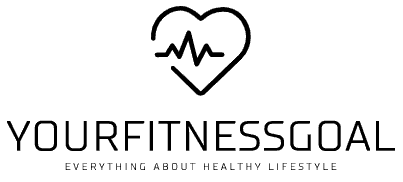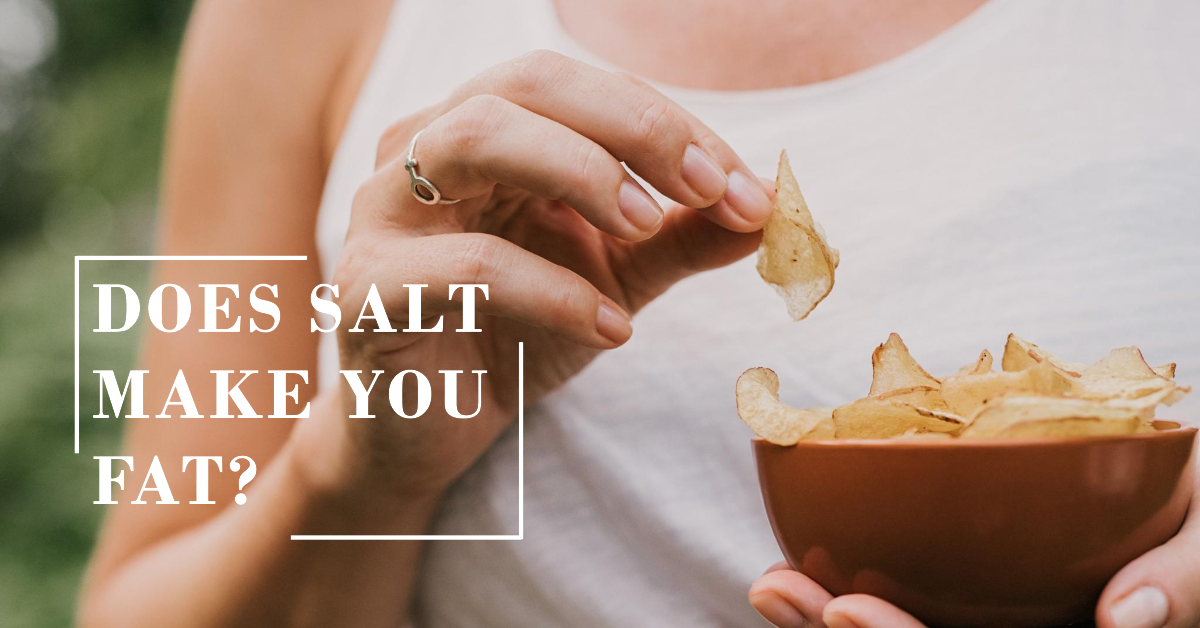Introduction
Salt and sodium have been dietary suspects for a really long time. Does science support the idea that eating a lot of salt can make you fat?In this article, we will talk about the link between salt, sodium and weight gain, we will at the same time burst the bubbles, some myths were made public based on evidence.
Salt vs Sodium
Salt and sodium are used synonymously, but they are not actually the same. Sodium is a mineral, while salt is a compound made up of about 40% sodium and 60% chloride. Sodium is necessary for many bodily functions, but too much of it can cause some health problems.
Recommended Daily Sodium Intake
The USDA advises adults to consume no more than 2,300 milligrams of sodium daily, about the size of a teaspoon of salt. However, certain populations should aim for even lower intakes:
- Age 51 and over
- African Americans of any age
- Individuals with high blood pressure, diabetes, or chronic kidney disease
These groups are at higher risk for complications caused by excessive intake of sodium, like heart disease and high blood pressure.
What Is the Importance of Sodium?
Despite its bad perception, it plays several crucial roles inside human body:
Nerve function: It is required for proper working of nerves and transmission or transmission of nervous impulses.
Muscle contraction: It helps muscles contract and relax properly.
Fluid balance: It helps in maintaining proper balance of fluids necessary for cells function in the body. Although an equilibrium is crucial since both not enough and too much may lead to health issues.
Does Salt Have Any Calories?
Salt is a mineral, and it does not have any calories. It doesn’t provide any energy or fuel for the body, so technically, it can’t contribute to the increase of fats.
Does Salt Make You Gain Weight?
Partly yes, and partly a misconception. Salt doesn’t make you gain fat, but it could make you retain water in the body. This is temporary, so when it goes away, the extra pounds also disappear.
Water Retention and Weight Gain
The intake of a meal high in sodium will make your body retain water in an effort to dilute the excess sodium. Therefore, your weight will increase temporarily. As an example, if you eat a salty meal, such as pizza or chips, it will make you look and feel bloated, and the scale might tick up.
Sodium-laden foods are, more often than not, ultra-processed foods which are low in nutritional value and high in calories. If taken in excess, these may cause fat gain.
Duration of Sodium-Induced Weight Gain
Excessive sodium intake may cause temporary water retention which only lasts for 2-4 days, after the process of excess sodium elimination the extra weight disappears but it. However, drinking enough water while minimizing one’s sodium consumption can make its movement easier. Implications on Weight Monitoring For those who observe their body mass desperately; this could bring about untrue figures because any gain is usually due to sodium-induced bloating which wears out within days.
A high-sodium meal might lead to a 1-5 pound increase on the scale, which can be frustrating and confusing. Dieters should remember that this weight gain is not fat, but rather a consequence of water weight.
To avoid it, consider tracking your sodium intake and weighing yourself after a time of stable, low-sodium intake.
How to Flush Out Sodium
There isn’t any safe way to quickly remove sodium from your body. Maintaining proper hydration will help lower the concentration, but taking in too much water can be dangerous by causing an electrolyte imbalance.
Focus on Potassium
Sodium is counteracted by potassium. Foods that are high in potassium, such as bananas, avocados, potatoes, legumes, and coconut water, can help your body balance out the effects of sodium and are also good for your heart.
The American Heart Association recommends 2,600 mg of potassium per day for women and 3,400 mg for men.
When to Drink Protein Shakes for Weight Loss as a Female
Protein shakes, when used wisely, are a great tool for weight loss. Timing your protein intake can help maximize benefits and support your goals. Drinking protein shakes in the morning can kickstart the metabolism and reduce cravings throughout the day. A protein shake post-workout can help the body in muscle recovery and growth. This becomes very important in maintaining a healthy metabolism.
High-Protein Diet-Induced Weight Loss
High-protein diets are known to promote weight loss by increasing satiety and preserving lean body mass. When you eat a high-protein diet, you are probably going to feel fuller for longer, which, in turn, will cut down your total calorie intake. This diet can also help increase your metabolism, as protein requires more energy to digest than fats and carbohydrates. Also read, when to drink protein shakes for weight loss as a female.
Creatine for Weight Loss
This is quite an obvious one, but creatine is associated with muscle gain; however, it does have a role in weight loss. Creatine supplementation improves the intensity of your workouts, allowing you to exercise harder and burn more calories. Additionally, it helps maintain your muscle mass when losing weight, which is important for keeping your metabolism high.
Should I Lose Weight Before Building Muscle
A common question in fitness circles is whether to lose weight before building muscle. The answer depends on individual goals and body composition. For those with significant body fat, focusing on weight loss first can improve overall health and make muscle definition more apparent. However, you can have both goals combined, and that’s fine because building muscle increases metabolism and helps the body lose fat.
Signs of Gaining Muscle in Females
Gaining muscle can appear in a number of ways for females. Some major signs include strength gains, great muscle definition, and body measurement changes. You will get a much clearer picture of muscle growth by monitoring the progress through strength gains and body composition instead of weight.
Conclusion
Salt and sodium are important in the body, but they don’t contribute to gaining fat; however, they do contribute to temporary water weight. To be accurate in weight monitoring, it’s important to maintain low sodium levels, for general health reasons. Including a well-balanced diet, staying hydrated, and proper potassium-rich foods are just some strategies to help counteract the high intake of sodium.
Protein shakes and diets high in protein and creatine can support your weight loss and muscle-building goals. To learn when and how to use these tools is going to help you get along your way with your fitness journey. To achieve sustainable weight management and health improvements, pay attention to the general balance of your diet and consume it mindfully.
FAQ’s
- Does salt make you gain weight?
In itself, salt does not make you gain fat; however, high sodium intake can cause temporary water retention, which would increase water weight and thereby make the scale go higher, making it appear that you have gained weight, whereas, in fact, you have not gained fat.
- Sodium to lose weight
In this regard, controlling the amount of sodium intake can keep water retention at bay and avoid bloating, thus facilitating the process of noticing weight loss. While a decrease in sodium intake will not directly cause fat loss, it does prevent temporary weight gain that occurs due to water retention and maintains general health.
- How much sodium per day to lose weight?
To support weight loss and general health, it is advised to limit sodium intake to no more than 2,300 mg per day, with an ideal goal of 1,500 mg for individuals at higher risk of heart disease and other conditions. By reducing sodium, one can minimize water retention and thereby allow for accurate tracking of weight.
- How much salt per day to lose weight?
As salt is 40% sodium, so if one consumes not more than a teaspoon of salt in a day, it would be in accordance with the maximum recommended intake of sodium of 2,300 mg. In this regard, to be in perfect health and to shed weight, intake of less than that would be better in order to reduce water retention and support a well-balanced diet.
- Does salt help lose weight?
In itself, salt does not contribute to weight loss. In fact, the intake of excessive salt leads to water retention; therefore, there is a temporary increase in weight. Managing and reducing sodium intake can help prevent bloating and support a better understanding of real weight loss.

Hey, y’all! I’m Akshay!
I’m SO excited you’re here! I’m super passionate about nutrition and specialize in teaching others how to lose weight through healthy, low-carb eating along with Yoga and exercises. Here at Yourfitnessgoal, we believe in quality over quantity and that diet is EVERYTHING when it comes to your health and well-being. In short, we believe in a Fit and healthy lifestyle.

